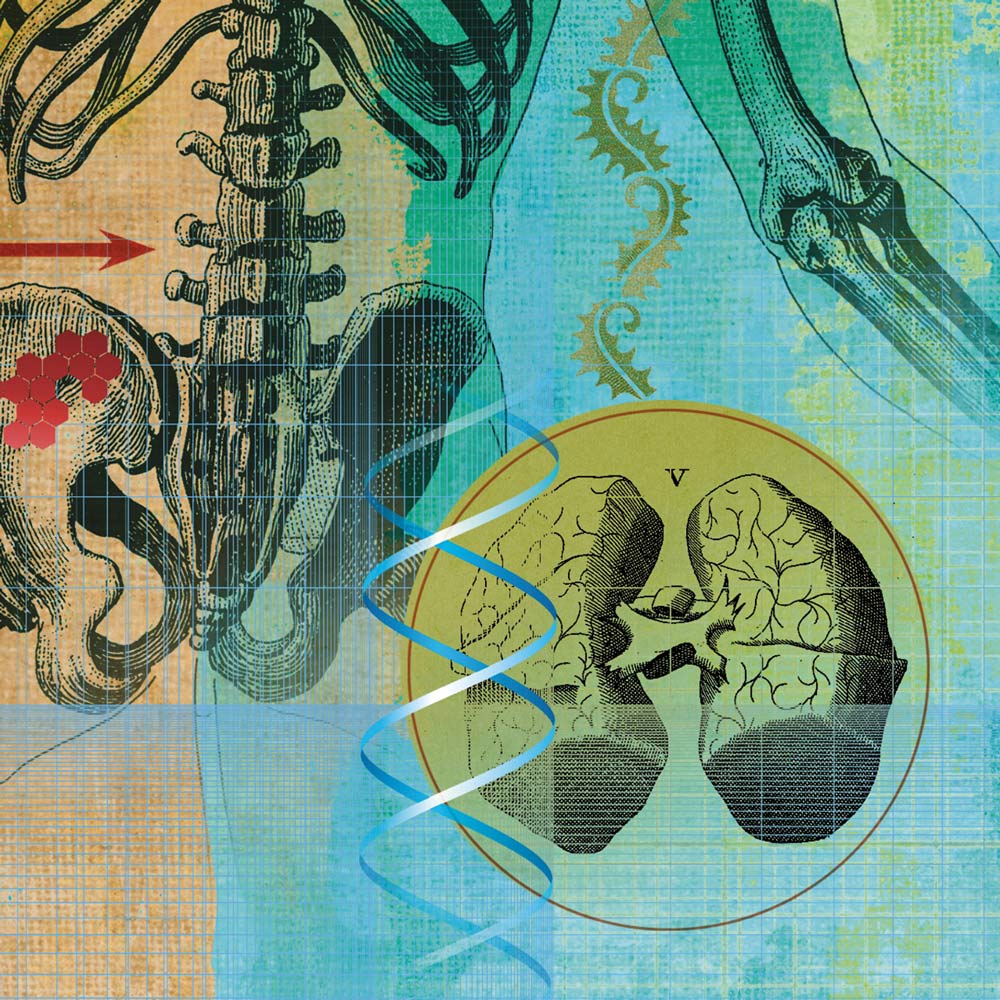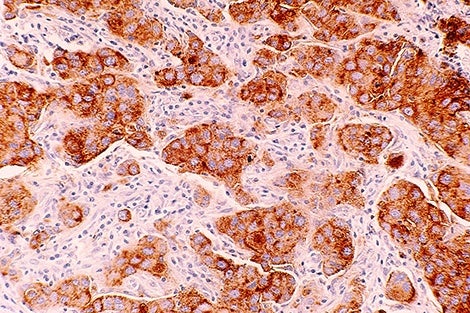Wang A, Shen J, Rodriguez AA, Saunders EJ, Chen F, Janivara R, Darst BF, Sheng X, Xu Y, Chou AJ, Benlloch S, Dadaev T, Brook MN, Plym A, Sahimi A, Hoffman TJ, Takahashi A, Matsuda K, Momozawa Y, Fujita M, Laisk T, Figuerêdo J, Muir K, Ito S, Liu X, Uchio Y, Kubo M, Kamatani Y, Lophatananon A, Wan P, Andrews C, Lori A, Choudhury PP, Schleutker J, Tammela TLJ, Sipeky C, Auvinen A, Giles GG, Southey MC, MacInnis RJ, Cybulski C, Wokolorczyk D, Lubinski J, Rentsch CT, Cho K, Mcmahon BH, Neal DE, Donovan JL, Hamdy FC, Martin RM, Nordestgaard BG, Nielsen SF, Weischer M, Bojesen SE, Røder A, Stroomberg HV, Batra J, Chambers S, Horvath L, Clements JA, Tilly W, Risbridger GP, Gronberg H, Aly M, Szulkin R, Eklund M, Nordstrom T, Pashayan N, Dunning AM, Ghoussaini M, Travis RC, Key TJ, Riboli E, Park JY, Sellers TA, Lin HY, Albanes D, Weinstein S, Cook MB, Mucci LA, Giovannucci E, Lindstrom S, Kraft P, Hunter DJ, Penney KL, Turman C, Tangen CM, Goodman PJ, Thompson IM, Hamilton RJ, Fleshner NE, Finelli A, Parent MÉ, Stanford JL, Ostrander EA, Koutros S, Beane Freeman LE, Stampfer M, Wolk A, Håkansson N, Andriole GL, Hoover RN, Machiela MJ, Sørensen KD, Borre M, Blot WJ, Zheng W, Yeboah ED, Mensah JE, Lu YJ, Zhang HW, Feng N, Mao X, Wu Y, Zhao SC, Sun Z, Thibodeau SN, McDonnell SK, Schaid DJ, West CML, Barnett G, Maier C, Schnoeller T, Luedeke M, Kibel AS, Drake BF, Cussenot O, Cancel-Tassin G, Menegaux F, Truong T, Koudou YA, John EM, Grindedal EM, Maehle L, Khaw KT, Ingles SA, Stern MC, Vega A, Gómez-Caamaño A, Fachal L, Rosenstein BS, Kerns SL, Ostrer H, Teixeira MR, Paulo P, Brandão A, Watya S, Lubwama A, Bensen JT, Butler EN, Mohler JL, Taylor JA, Kogevinas M, Dierssen-Sotos T, Castaño-Vinyals G, Cannon-Albright L, Teerlink CC, Huff CD, Pilie P, Yu Y, Bohlender RJ, Gu J, Strom SS, Multigner L, Blanchet P, Brureau L, Kaneva R, Slavov C, Mitev V, Leach RJ, Brenner H, Chen X, Holleczek B, Schöttker B, Klein EA, Hsing AW, Kittles RA, Murphy AB, Logothetis CJ, Kim J, Neuhausen SL, Steele L, Ding YC, Isaacs WB, Nemesure B, Hennis AJM, Carpten J, Pandha H, Michael A, De Ruyck K, De Meerleer G, Ost P, Xu J, Razack A, Lim J, Teo SH, Newcomb LF, Lin DW, Fowke JH, Neslund-Dudas CM, Rybicki BA, Gamulin M, Lessel D, Kulis T, Usmani N, Abraham A, Singhal S, Parliament M, Claessens F, Joniau S, Van den Broeck T, Gago-Dominguez M, Castelao JE, Martinez ME, Larkin S, Townsend PA, Aukim-Hastie C, Bush WS, Aldrich MC, Crawford DC, Srivastava S, Cullen J, Petrovics G, Casey G, Wang Y, Tettey Y, Lachance J, Tang W, Biritwum RB, Adjei AA, Tay E, Truelove A, Niwa S, Yamoah K, Govindasami K, Chokkalingam AP, Keaton JM, Hellwege JN, Clark PE, Jalloh M, Gueye SM, Niang L, Ogunbiyi O, Shittu O, Amodu O, Adebiyi AO, Aisuodionoe-Shadrach OI, Ajibola HO, Jamda MA, Oluwole OP, Nwegbu M, Adusei B, Mante S, Darkwa-Abrahams A, Diop H, Gundell SM, Roobol MJ, Jenster G, van Schaik RHN, Hu JJ, Sanderson M, Kachuri L, Varma R, McKean-Cowdin R, Torres M, Preuss MH, Loos RJF, Zawistowski M, Zöllner S, Lu Z, Van Den Eeden SK, Easton DF, Ambs S, Edwards TL, Mägi R, Rebbeck TR, Fritsche L, Chanock SJ, Berndt SI, Wiklund F, Nakagawa H, Witte JS, Gaziano JM, Justice AC, Mancuso N, Terao C, Eeles RA, Kote-Jarai Z, Madduri RK, Conti DV, Haiman CA.
Nat Genet.
2023 Dec.
55(12):2065-2074.
PMID: 37945903


